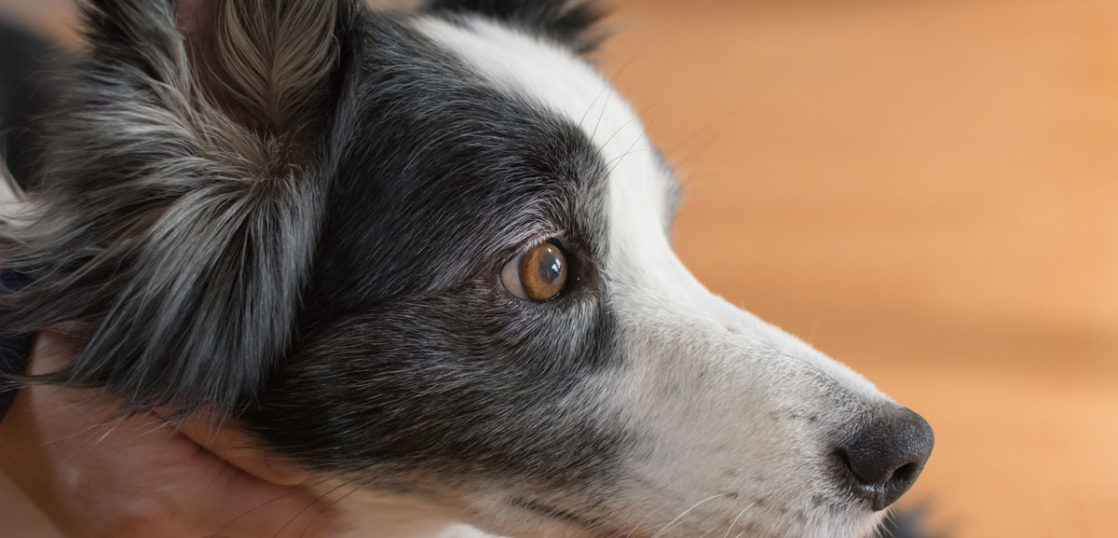Case of Use for Epithelial Malignant Tumors
Information provided by: Shioda Animal Hospital
[Epithelial Malignant Tumor: Combination of Cordy and Steroids]
Breed: Border Collie
Sex: Female
Age: 14 years
Cordy Usage Period: August 20, 2016 – January 13, 2017
Treatment Progress
On August 8, 2016, a 40×60mm mass was found next to the anus. Antibiotic treatment was started, but there was no change in the mass, and on the 17th of the same month, a cytology diagnosed it as an epithelial tumor (suspected apocrine gland anal sac adenocarcinoma).
From the 20th of the same month, Cordy and steroids were administered, and from October 12, Antinol was also used in combination.
The tumor showed temporary shrinkage, but when the steroids were stopped, a recurrence was observed on November 28. After that, the dog maintained its vitality and appetite without any issues and had smooth bowel movements, but on December 28, symptoms of respiratory stridor and seizures were observed.
On January 4, 2017, despite having a cough and nasal discharge, the dog maintained its vitality and appetite. However, on January 13, it had breakfast and went for a walk in the morning, but passed away in the afternoon.
The owners were satisfied that their dog was able to eat and remain energetic up until the very end.
Choosing to maintain quality of life (QOL) with Cordy, which is a less burdensome treatment on the body, seems to be a better choice for elderly dogs and cats.
[Comment from the Laboratory]
Apocrine gland anal sac adenocarcinoma is a rare disease, primarily occurring in females. The tumor grows rapidly and often shows strong infiltration into the lumbar lymph nodes. It also frequently causes difficulty in defecation.
Despite suffering from a rapidly progressing tumor, the dog was able to maintain general conditions such as vitality and appetite until the very end, which is believed to be supported by Cordy.
Our laboratory is researching whether Cordy can modulate the immune system and whether it has expected effects on cancer.
If you have any questions, please contact us.
監修獣医師:林美彩 所属クリニック:chicoどうぶつ診療所

代替療法と西洋医学、両方の動物病院での勤務経験と多数のコルディの臨床経験をもつ。 モノリス在籍時には、一般的な動物医療(西洋医学)だけでは対応が困難な症例に対して多くの相談を受け、免疫の大切さを痛烈に実感する。
ペットたちの健康維持・改善のためには薬に頼った対処療法だけではなく、「普段の生活環境や食事を見直し、自宅でさまざまなケアを取り入れることで免疫力を維持し、病気にならない体づくりを目指していくことが大切である」という考えを提唱し普及活動に従事している。
所属:
“`html
- Perianal Adenoma in Dogs – Symptoms, Surgery, Treatments, Tips for Improvement and Cure
- Apocrine Gland Adenocarcinoma of the Anal Sac in Dogs – Characteristics, Treatments, Tips for Improvement and Cure
- Cancer (Tumors) in Dogs – Symptoms, Tests, Surgery, Treatments, Diet, Tips for Improvement and Cure
“`





